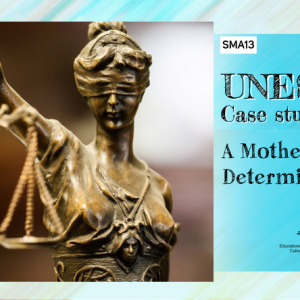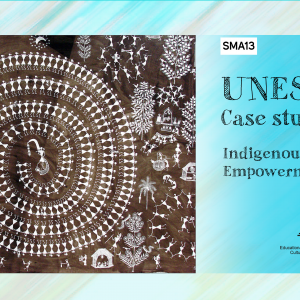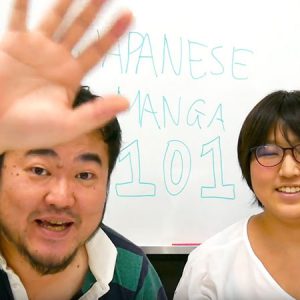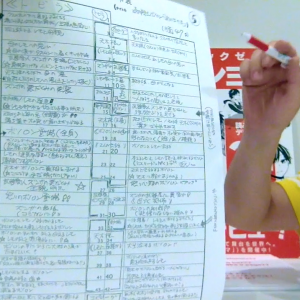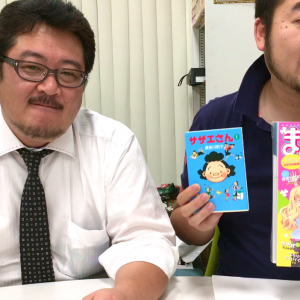
SMA13-UNESCO Round Case Studies #7: Giving Voice to Vulnerable Youth
Young people are the future, yet far too often their voices are ignored. The United Nations, national governments and many NGOs all have the clear goal of including youth in policy and to ensure programmes are more responsive to their concerns and needs. The reality, however, is that young people are often excluded or discouraged from participating.
As a result, policy and activities that are meant to focus on young people are often poorly informed, based on assumptions about their situation and behaviour rather than the facts on the ground. In the Asia-Pacific there are about 700 million young people, 85 million of whom live in extreme poverty, but the policies that are meant to benefit them are often blind to their real needs.

A new effort to address this problem is youth-led research. One example is in Lao PDR, where young researchers have been trained in surveying and data collection, as well as learning how to analyze the results. They then conducted their own projects focusing on at-risk communities, including drug use, LGBTI, disabled and out-of-school youth.
Each of these communities are vulnerable for their own complex reasons, which require informed and careful policy to provide help while avoiding further harm. The young researchers have many advantages when collecting data on their peers, who will often be more open and trusting of someone their own age, who understands their situation better than an older person who is part of a rigid bureaucracy.

Youth workers in Lao PDR
Across South East Asia, young people in at-risk communities face discrimination, loss of opportunity and even physical harm. As one example, the plague of drug use has swept the region ruining lives and robbing young people of their futures. While personal responsibility is important, people need help to conquer the evils of addiction – the young Lao researchers were able to get drug users to open up about what led them to dependency and how they might begin to rebuild their lives. Such data are essential to inform policy for the benefit of the entire society.
The world today lays the foundation for young people’s reality tomorrow. On issues ranging from equality and human rights to climate change and peaceful coexistence, their voices must not only be heard but also acted upon. Youth participation and empowerment – and crucially youth leadership – will determine the fate of our societies in decades to come.
RESOURCES:- Youth Participation and Empowerment: UNESCO Asia-Pacific In Graphic Detail #8
- By the numbers: Giving voice to vulnerable youth in Lao PDR
PENMARU’s TIP!The youngest generation taking control of their future would make for a very timely manga. With so much turmoil in the world, giving a voice to the youth by the youth is a powerful story in the making!”





 The youngest generation taking control of their future would make for a very timely manga. With so much turmoil in the world, giving a voice to the youth by the youth is a powerful story in the making!”
The youngest generation taking control of their future would make for a very timely manga. With so much turmoil in the world, giving a voice to the youth by the youth is a powerful story in the making!”
